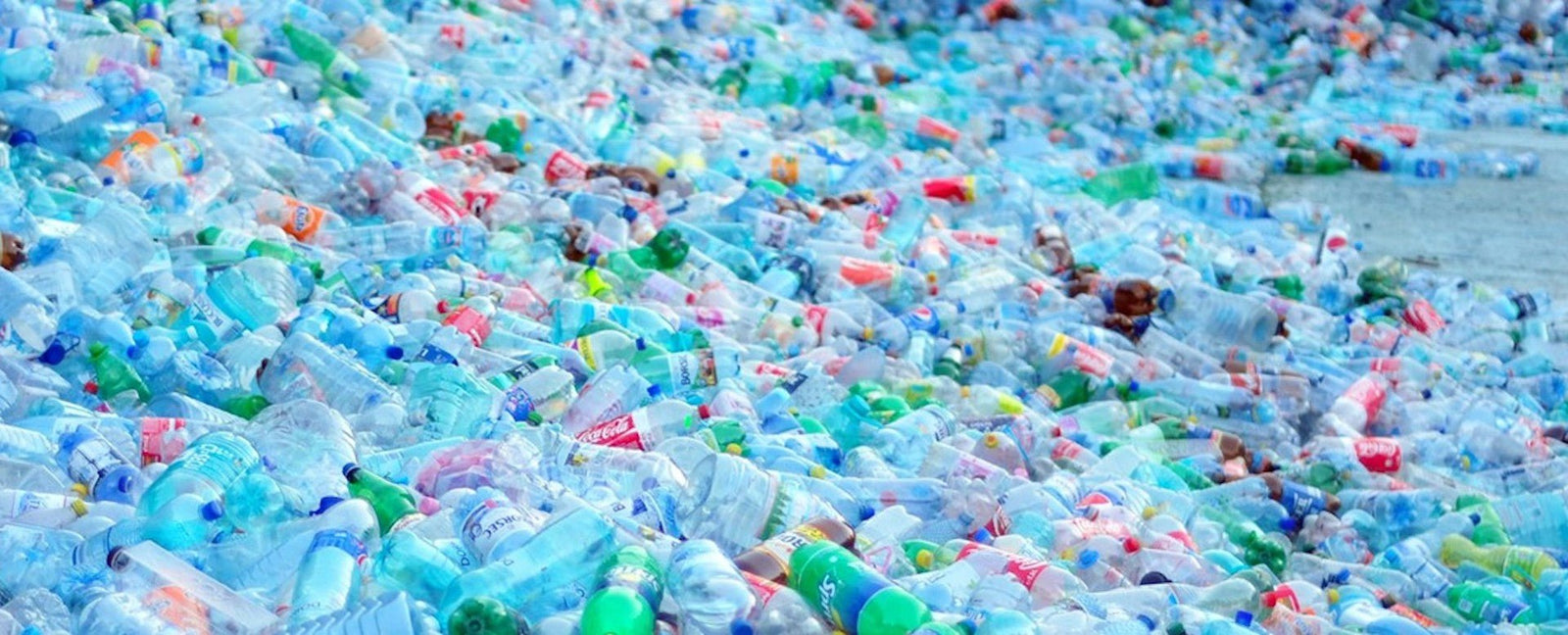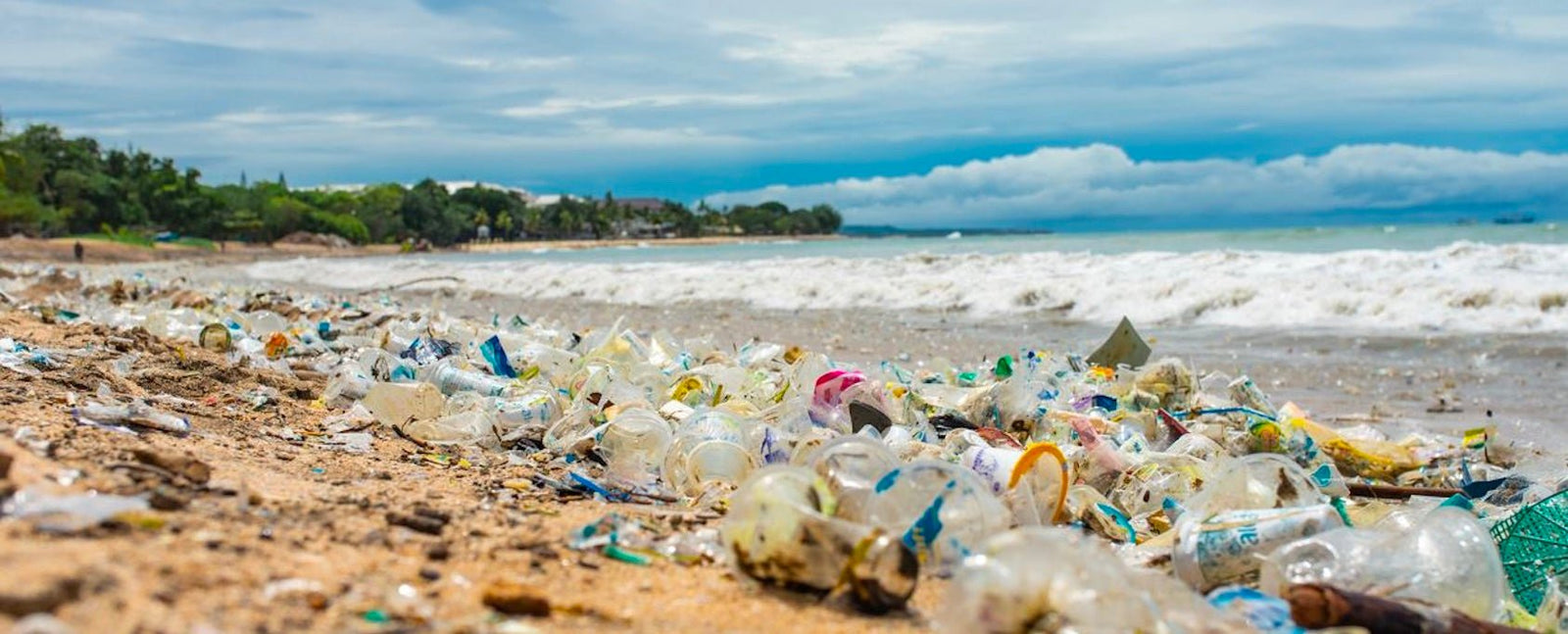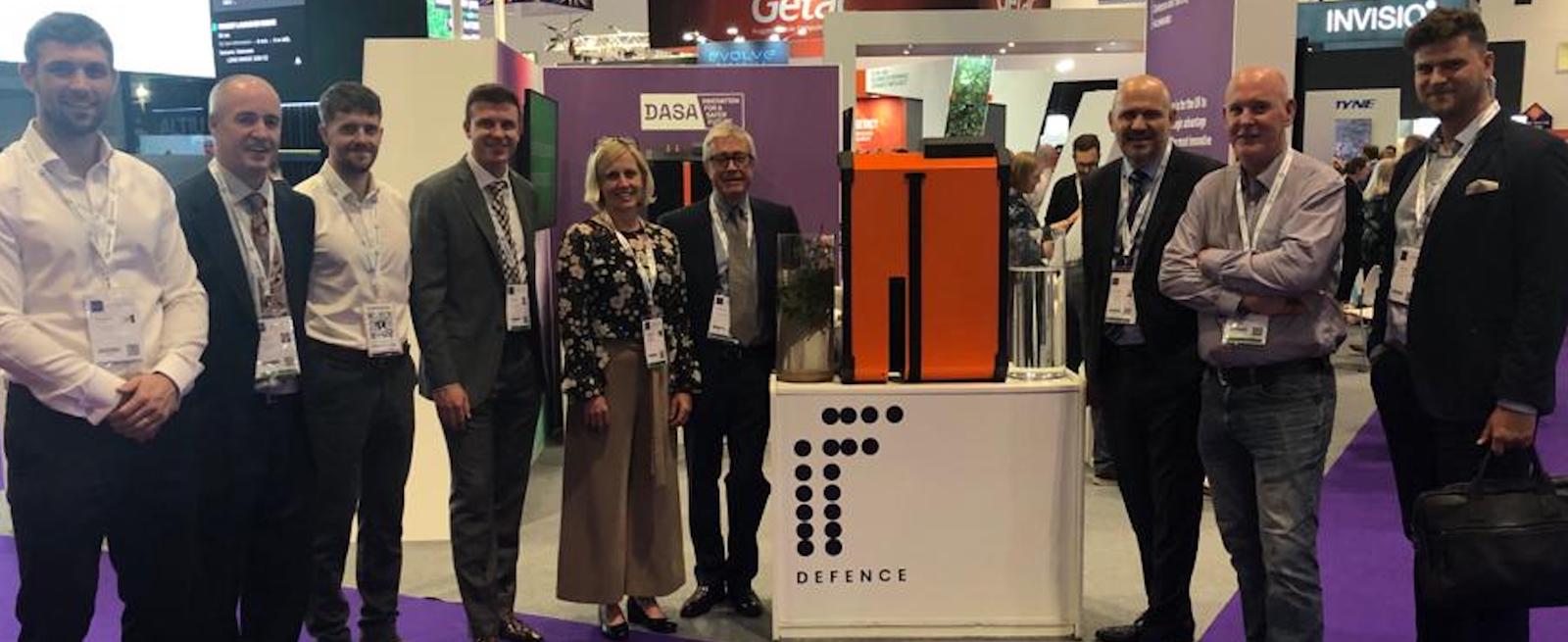
Is a Plastic-Free World Possible?
by Sonya Mathews April 19, 2021 3 min read
Plastic Pollution: A Global Crisis
In the battle against plastic pollution, the stakes have never been higher. From the deep abyss of our oceans to the towering heights of our mountains, plastic has managed to infiltrate even the most remote corners of our planet. It lurks on public walkways and, alarmingly, within the stomachs of countless avian inhabitants. The insidious reach of plastic extends to the food we consume and the very air we breathe. So pervasive has this issue become that some scientists posit that plastic debris could serve as a geological marker, a testament to the Anthropocene era. This is the dire reality we face, as acknowledged by the UN Environment Programme.
A Plastic-Free Future: A Mandate for Survival
The imperative to secure a plastic-free future has never been more paramount. Our planet's health, and indeed our own, hinge on finding genuine solutions to the environmental havoc wrought by our throwaway consumption habits.
Each year, an astounding eight million tonnes of plastic cascade into our water systems, resulting in a staggering 51 trillion particles added annually. The primary offender in this sordid tale? The ubiquitous single-use plastic bottle. In 2018 alone, an estimated 7.7 billion plastic water bottles were guzzled in the UK, with a minuscule fraction finding their way into the recycling process. Shockingly, a mind-boggling one million bottles are sold worldwide every minute, with single-use plastics accounting for a staggering 40 percent of total annual plastic production, according to National Geographic.
Common Remedies Fall Short
Proposed solutions often involve either persuading consumers to curb their bottled water consumption or replacing plastic packaging with other single-use materials. However, neither approach strikes at the root of the problem. Our prevailing economic model revolves around disposable products designed to endure only briefly before being cast aside. We are both producing and discarding plastic at unsustainable rates. The existence of bottled water within our society stands as a glaring symbol of this wasteful ethos.
The Many Faces of Bottled Water
Bottled water serves myriad roles in our society. It is perceived as a luxury, often considered superior to tap water, and an integral part of the health and fitness industry. Advertisements tout it as an exotic and alluring product. But in certain situations, bottled water is a lifeline. It becomes the answer in the face of water treatment issues, natural disasters, or the failure of water treatment facilities.
In essence, bottled water is inextricably woven into our societal fabric, and the plastic packaging conundrum is spiraling out of control. To usher in a plastic-free future, a radical new approach is indispensable.
A Paradigm Shift
This is where the MCVD model steps in. This innovative system is poised to tackle the plastic bottle waste crisis head-on by offering high-quality distilled water on tap. Distilled water, devoid of impurities, can be customized with desired minerals, providing an in-home alternative to bottled water.
Compact, low-maintenance, and free from removable parts or filters, the IF WaterOne boasts a long-life mineral cartridge system, delivering pristine mineral water without the need for disposable plastic packaging.
Join the Movement
In the battle against plastic pollution, the IF model is more than a solution—it's a call to action. To secure a plastic-free future, we must collectively embrace innovation and make a stand against throwaway culture. It's time to reimagine the way we consume water and, in turn, reshape the destiny of our planet. The IF WaterOne is a powerful catalyst, but it requires all of us to effect real change. So, take a stand, choose sustainability, and be part of the revolution. The time is now to write a new chapter in the story of our planet—one where we leave behind a legacy of a cleaner, healthier, and plastic-free world.
Get more out of IF
Join our mailing list to learn more about our innovative technology, be the first in line to experience its benefits, and join a community of people who want better water and better health.




